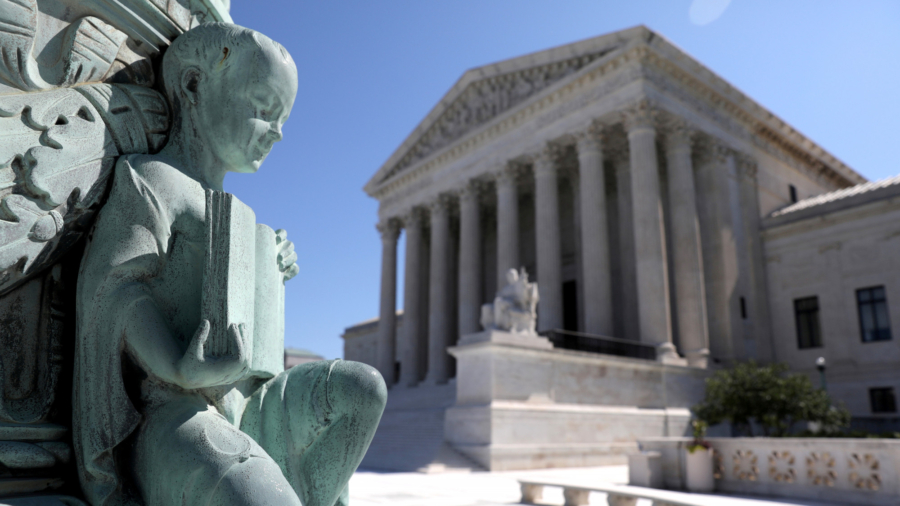The Supreme Court rejected President Donald Trump’s claim that he enjoys immunity from state criminal proceedings while in office, finding a New York grand jury may obtain his tax records, but blocked parallel efforts by congressional Democrats to obtain his tax documents, in two separate 7-2 opinions issued this morning.
The decisions, which came on the last day of the court’s term, represent the first time that the Supreme Court has directly ruled on matters related to the personal dealings of the president. Trump has earned the ire of the mainstream media, Democrats, and some Republicans by refusing to make his tax returns available to the public, something other presidents have been doing for decades.
At 10:38 this morning, the president took to Twitter to express his displeasure with one of the rulings.
“The Supreme Court sends case back to Lower Court, arguments to continue[,]” Trump tweeted. “This is all a political prosecution. I won the Mueller Witch Hunt, and others, and now I have to keep fighting in a politically corrupt New York. Not fair to this Presidency or Administration!”
Reacting to the news, U.S. Treasury Secretary Robert Mnuchin expressed relief.
“When things go to Congress they tend to get leaked, and when things go to grand juries, they don’t,” he told CNBC after the opinions were made public.
Grand jury secrecy rules may keep the details and scope of their probe confidential unless a criminal indictment is handed down against Trump.
Trump has claimed the records in question are temporarily privileged during his presidency, he has done nothing wrong, and inquiries are politically motivated fishing expeditions that his political enemies are gambling will uncover past wrongdoing.
But the nation’s highest court ruled a local grand jury investigating Trump in his original hometown must be given access to the documents.
“Two hundred years ago, a great jurist of our court established that no citizen, not even the president is categorically above the common duty to produce evidence when called upon in a criminal proceeding,” Chief Justice John Roberts wrote for the majority in Trump v. Vance, which stems from a criminal investigation spearheaded by Manhattan District Attorney Cyrus Vance Jr., a Democrat.
“We reaffirm that principle today and hold that the president is neither absolutely immune from state criminal subpoenas seeking his private papers nor entitled to a heightened standard of need.”
The other ruling concerns the consolidated cases of Trump v. Mazars and Trump v. Deutsche Bank AG, which are about a subpoena issued by the president’s adversaries on the Democratic-controlled House Committee on Oversight and Reform. The committee sought myriad private financial records in the possession of Trump’s accountants and several of his business entities.
“This case is different,” Roberts, who authored both of today’s opinions, wrote in this ruling.
“Here the President’s information is sought not by prosecutors or private parties in connection with a particular judicial proceeding, but by committees of Congress that have set forth broad legislative objectives.”
“Congress and the President—the two political branches established by the Constitution—have an ongoing relationship that the Framers intended to feature both rivalry and reciprocity,” Roberts wrote, apparently referring to constitutional checks-and-balances theory, as well as the separation of powers doctrine that prevents each of the three branches of the government from encroaching on their authority.
Justices Clarence Thomas and Samuel Alito dissented from both of today’s rulings.
From The Epoch Times

